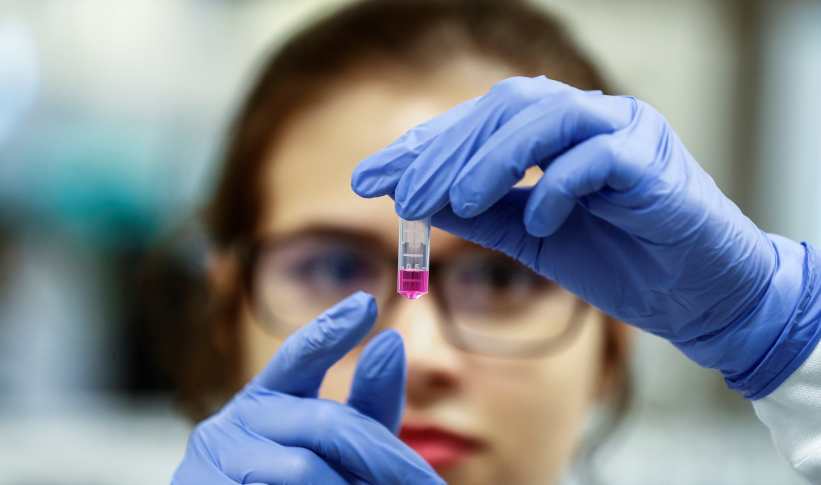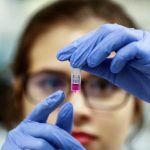Oxford University says its COVID-19 vaccine can be 90% effective

Almost two weeks after Pfizer and BioNTech announced that their COVID-19 vaccine offers 90% protection on 43,500 people in 6 countries shows no safety concerns, Oxford University announced this Monday morning that its vaccine being developed with AstraZeneca could be around 90% effective, giving the world’s fight against the global pandemic a new weapon, cheaper to make, easier to distribute, and faster to scale-up than rivals.
Oxford University and AstraZeneca are some of the dozens of companies and university researchers currently working on developing therapies for or vaccines against the virus. Back in July, Oxford University said its COVID-19 vaccine shows positive results in the first phase of human trials. The Lancet also confirmed that the results from the early-stage trial found the vaccine also induced strong immune responses in both parts of the immune system.
AstraZeneca said it will have as many as 200 million doses by the end of 2020, around four times as many as U.S. competitor Pfizer. Seven hundred million doses could be ready globally as soon as the end of the first quarter of 2021.
“This means we have a vaccine for the world,” said Andrew Pollard, director of the Oxford University vaccine group that developed the drug.
The vaccine was 90% effective in preventing COVID-19 when it was administered as a half dose followed by a full dose at least a month later, according to data from late-stage trials in Britain and Brazil. No serious safety events were confirmed, the company said.
In June, Oxford conducted the first trial of the vaccine in Africa. In May, Oxford University announced the start of Phase II/III UK trial of AZD1222 in about 10,000 adult volunteers. Other late-stage trials are due to begin in a number of countries. AstraZeneca recognizes that the potential vaccine may not work but is committed to progressing the clinical program with speed and scaling up manufacturing at risk.
“We hope this means the immune system will remember the virus, so that our vaccine will protect people for an extended period,” study lead author Andrew Pollard of the University of Oxford said.
“However, we need more research before we can confirm the vaccine effectively protects against SARS-CoV-2 (COVID-19) infection, and for how long any protection lasts,” he said. AstraZeneca’s is among the leading vaccine candidates against a pandemic that has claimed more than 600,000 lives, alongside others in mid and late-stage trials.

